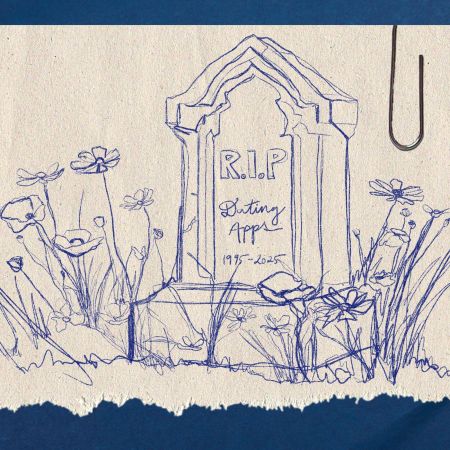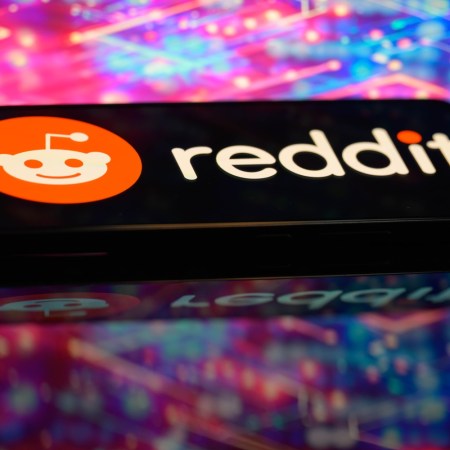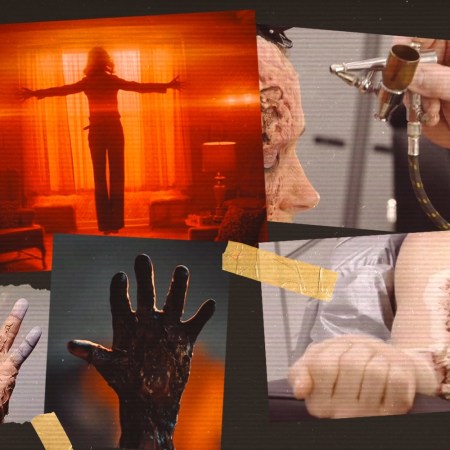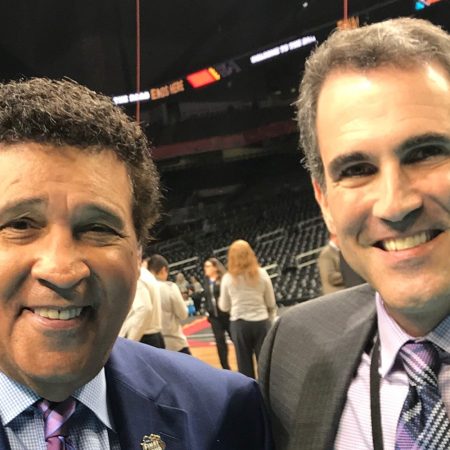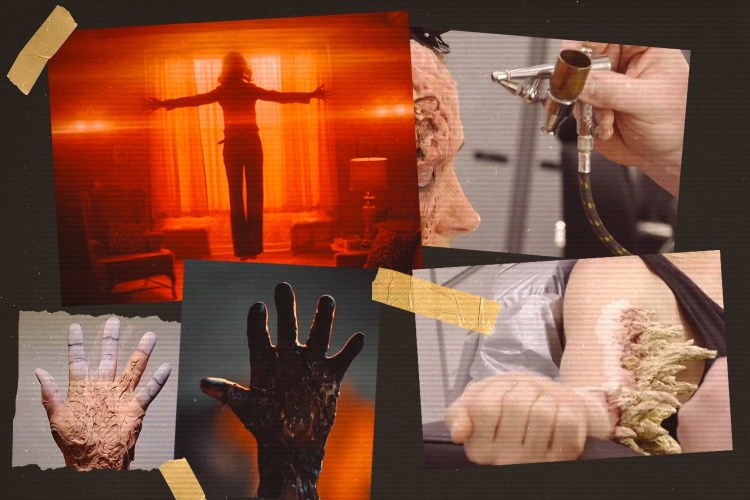If pop culture died at all, Matt James argues, it died in 2009.
James, the 24 year old creator of the blog and Twitter account @popculturediedin2009, has been posting about long-lost celebrity culture since his sophomore year of high school in 2013. “At the time, I was just feeling nostalgic for a lot of the images I grew up seeing in the magazines my mom would read, and on TV and have all these crazy celebrities doing crazy things.” he explains, “When I started the blog, it felt like the culture was just so drastically different, so I wanted to create something to sort of collect those moments.”
Pop Culture Died in 2009 is an archive of the best and worst of celebrity culture from a time that feels simultaneously like yesterday and eons ago. The latest on TomKat? Pre-Hulu Kardashians? Even the 10-year anniversary of Obama announcing his support for same-sex marriage. The account is the answer to our nostalgia-fueled society’s want to retreat back into a “simpler time.” It’s pre-Instagram, pre-Tik Tok and pre-influencer as we know them to be now; it’s Y2K celebrity culture in some of its purest forms.
As a kid, James grew up surrounded by celebrity culture, in the media he watched on screen and consumed in tabloids himself. “I remember seeing all this coverage around Anna Nicole Smith.” he explains, “I was like, maybe four or five years old, and I was plopped in front of the TV in my living room, watching as this big blonde woman was slurring and talking like a child begging for pills.” After Smith’s death from an overdose in 2007, tabloids covered her death and the subsequent custody case over her daughter in extreme detail. “I remember the weeks and months really of ensuing media coverage, people forget how big of a story it was. It was everywhere.”
Putting together each Twitter thread and post is delicate work, as digital archives are disappearing daily. “I go through numerous gossip site archives, the ones that are still surviving. They’re dropping like flies; one day they’ll be there, another they’re gone. That’s a big problem with the internet, is that this physical record that you used to have in tabloids and all that is just not existent, so things are just constantly disappearing.” James creates a list of stories from the archives and makes a calendar planning out posts. This system has come a long way from how he began. “When I started the blog, it was just going through Google Images, or scanning the magazines that my mom had saved over the years. She was giving me Star Magazine from the time I was in elementary school, and she had saved a great deal of them.” James says that most of the magazine covers he posts are from his own collection. “It’s probably over 1,000 magazines, at this point,” he laughs, “spanning all the way back to the 70s.”
Today, media frenzies are whipped up daily, and they fizzle out a day later, but James tells InsideHook that in his experience, he sees more similarities than differences. “I know there’s been this push in the last several years to look back and re-analyze the way we treated some of these figures, predominantly women.” he explains, “Like Britney (Spears), Lindsay (Lohan) and Nicole (Richie) and so on, but I don’t think that that hatred has dissipated in any way. I think it just takes different forms.”
Social media, which was barely existent in 2009, has taken the place of the tabloids that James remembers reading with his mother. “In some ways they function the same, since they’re both predicated on this hyper surveillance and picking people apart.” he says, “But with the tabloids, their main drive was finding cracks in otherwise ‘flawless’ people, people who had everything, right? They had the looks, they had the money, they had the success, they were living the lives that everyone wanted, reading a tabloid was like, stepping into another world.” In a world of Instagram faces and faux authenticity online, perceived flawlessness isn’t the primary goal anymore, he says, making the highs and lows of social media anti-climactic. “There is this overwhelming, pathetic quality to a lot of people on social media, where you aren’t seeing people at their best, you’re seeing people at their worst sometimes, yet we still fixate and pick them apart.”
The popularity of the account, James explains, is the nostalgic element of the posts. “Nostalgia is a lifeline.” James says, “We live in this post-cultural period where there aren’t these connective bonds between us anymore, because we can all create and curate our own feeds and follow who we want and absorb whatever we want.” Instead of everyone reading the same magazines, or watching the same handful of TV channels everyday, two people can exist on the internet and never see the content the other person is looking at. “That’s why there’s this huge nostalgia boom now. It’s always been prevalent, but it has never been as inescapable as it is now, where you have every former TV star known to man, reuniting to do a podcast recapping your old show, where you have every celebrity showing up to a red carpet event wearing a look that another celebrity wore 20 years ago with that intention of being compared to that person. Everything’s a homage. Everything is just reliving the past. And it’s very sad. But that’s just the way it is now, because of social media.”
If celebrity is aspirational, James says that that’s what’s truly been lost in the age of the influencer. “In the form it exists now, it’s a more stripped down bleak surveillance state quality, where we’re watching very ordinary, unremarkable people and picking them apart. That’s the way it exists now. So the escape and the aspirational elements are just completely gone.”
The idea of what it means to be famous is drastically different than how we thought about it in 2009. “We still call people pop stars, and movie stars and whatnot, or internet stars, even though a star has a much brighter wattage than any of these people have.” James says, “Even the most successful social media influencer could be recognized by hardly anybody on the street, as opposed to a movie star 40 or 50 years ago, who almost everyone had seen at one point or another. We’re still clinging to these old ideas of what it meant to be famous, and much like nostalgia, it’s pretty much just what keeps us going.”
In an increasingly dread-filled world, James would gladly take a time machine back to 2009. “To me, the past seems pretty damn great.” he laughs, “Because you know what, at least with the past, there’s still hope for a better future. I mean, socially and politically and with the environment, please drop me back in 2009. Let me just sit through the the months of coverage of Michael Jackson’s death. I’ll take it.”
This article was featured in the InsideHook newsletter. Sign up now.

